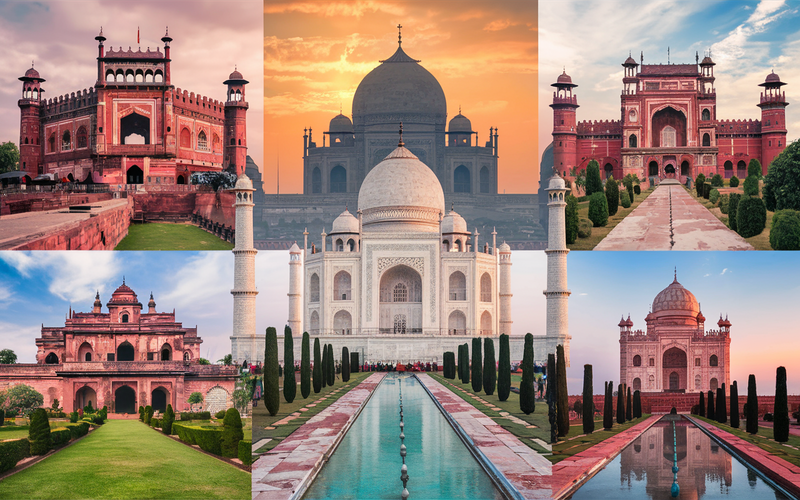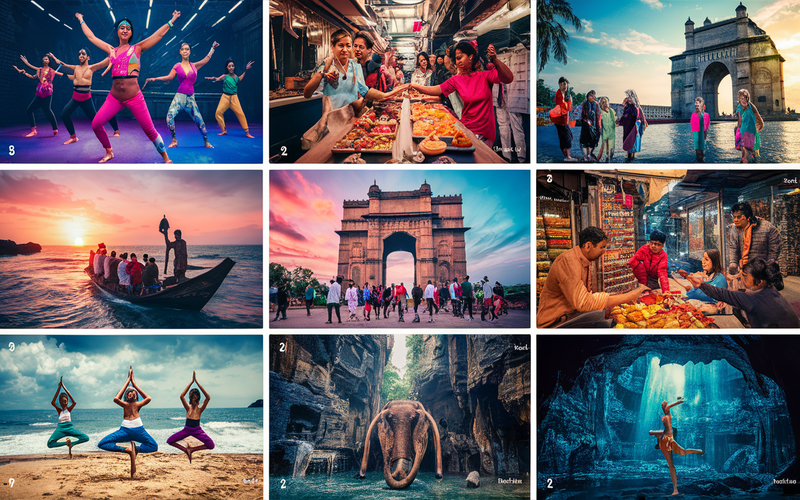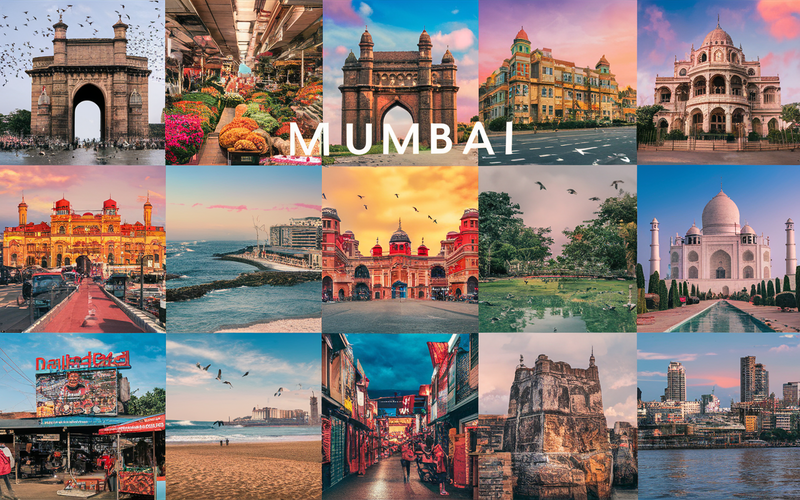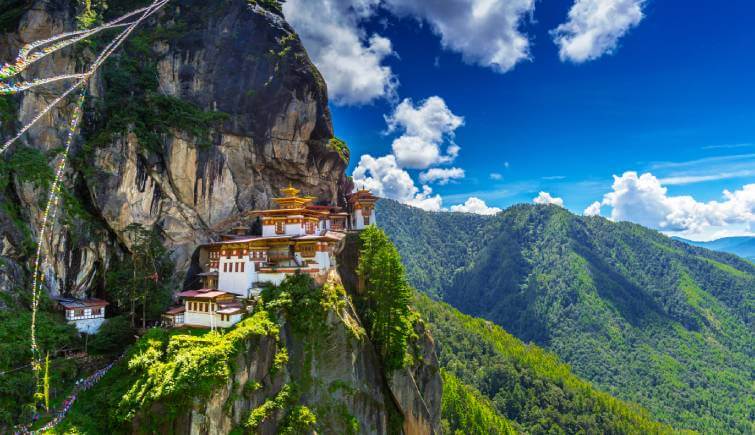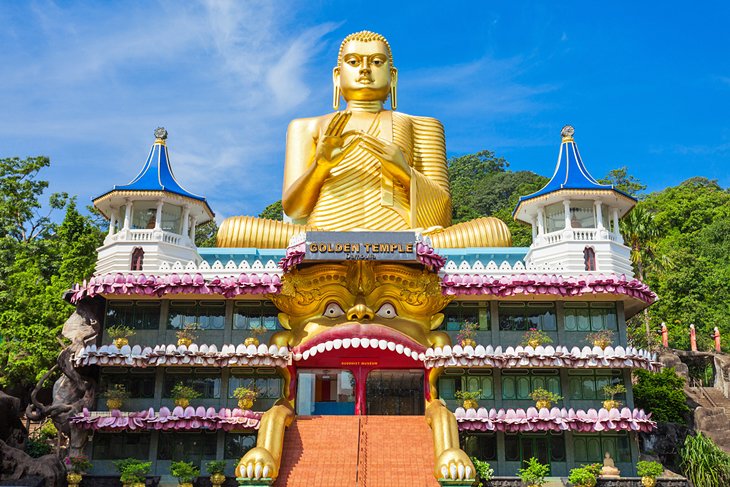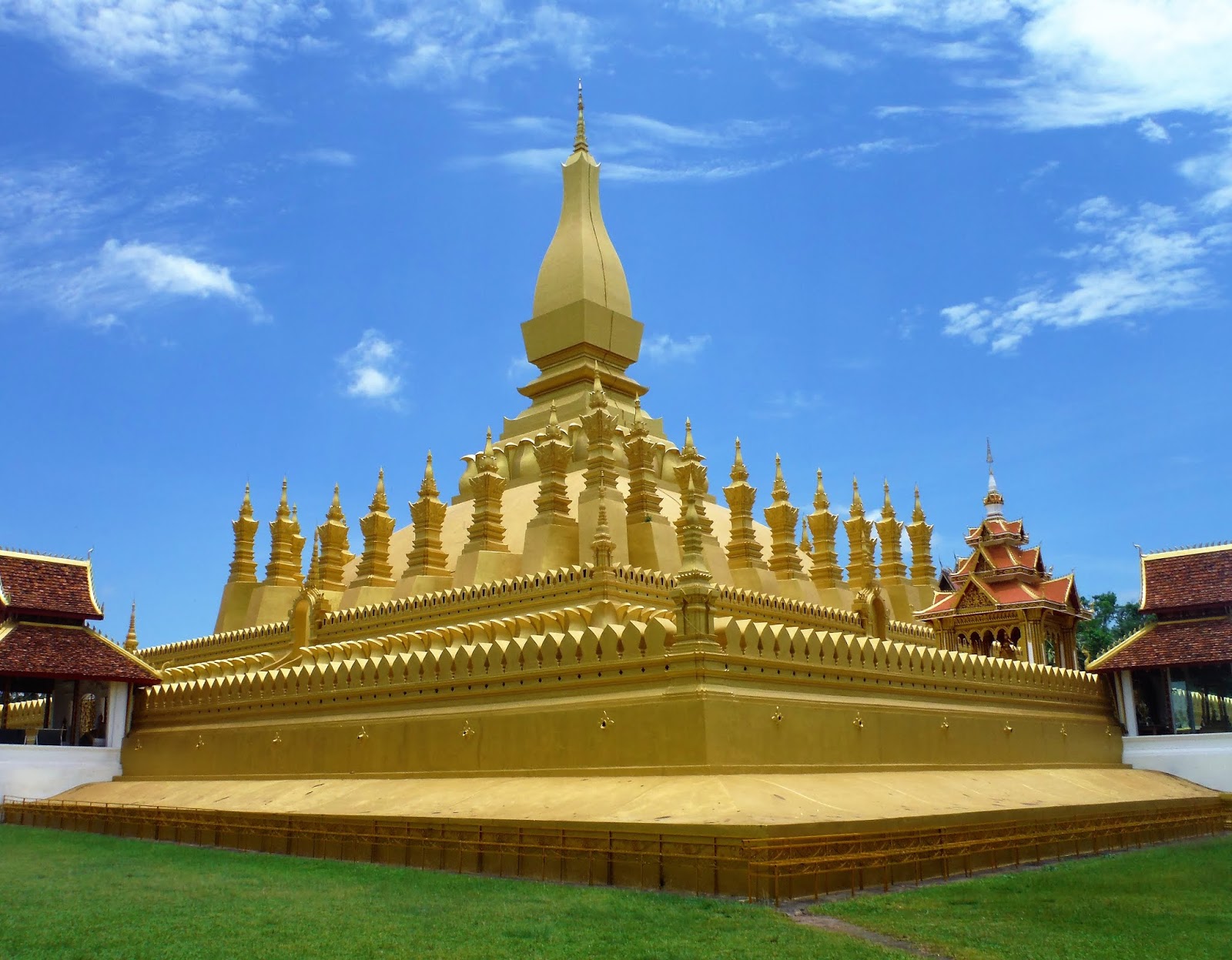Plan Your Travel To India
India Travel Essentials
Ideal Duration: 15 - 20 days
Currency: Indian Rupee (INR)
Best Time: December - March Read More
Budget: Very Cheap
Visa Policy for All Nationals: e-Visa, Visa on arrival depending on your country Read More
Getting In India: Delhi, Mumbai, Bangaore, Chennai and many other international airports Read More
Getting Around India: Most places have airports and cabs are easily available. Buses & Trains are also well connected. Car Rentals are not that common. Read More
"The Land of Diversity"
India Tourism
India, a vast and diverse South Asian nation, is a land of ancient heritage, stunning landscapes, and vibrant culture. Delhi, the capital, boasts historical treasures like the Red Fort and the Jama Masjid. Explore the iconic Taj Mahal in Agra, the colorful streets of Jaipur, and the spiritual city of Varanasi along the Ganges River. India's diverse terrain encompasses the Himalayan peaks, serene backwaters of Kerala, and pristine beaches in Goa. Savor Indian cuisine, with dishes like curry and biryani. With warm hospitality, a rich tapestry of traditions, and a spiritual heart, India invites travelers to immerse themselves in its history, natural beauty, and the kaleidoscope of its culture.
Must Know Before You Travel to India
- Visa and Documentation: Check visa requirements and have a valid passport.
- Health Precautions: Get the required vaccinations and carry a basic medical kit.
- Cultural Sensitivity: Respect local customs, dress modestly, and remove shoes in sacred places.
- Food Safety: Be cautious with street food, drink bottled water, and avoid ice in drinks.
- Transportation: Use reputable transport services, negotiate taxi fares, and experience India's diverse train network.
- Language: Learn some common Hindi or English phrases for communication.
- Weather: Be aware of the climate in the region you're visiting and pack accordingly.
- Safety: Keep an eye on your belongings, use reliable accommodations, and stay informed about local conditions.
Tourist Places to Visit In India
Leh Ladakh
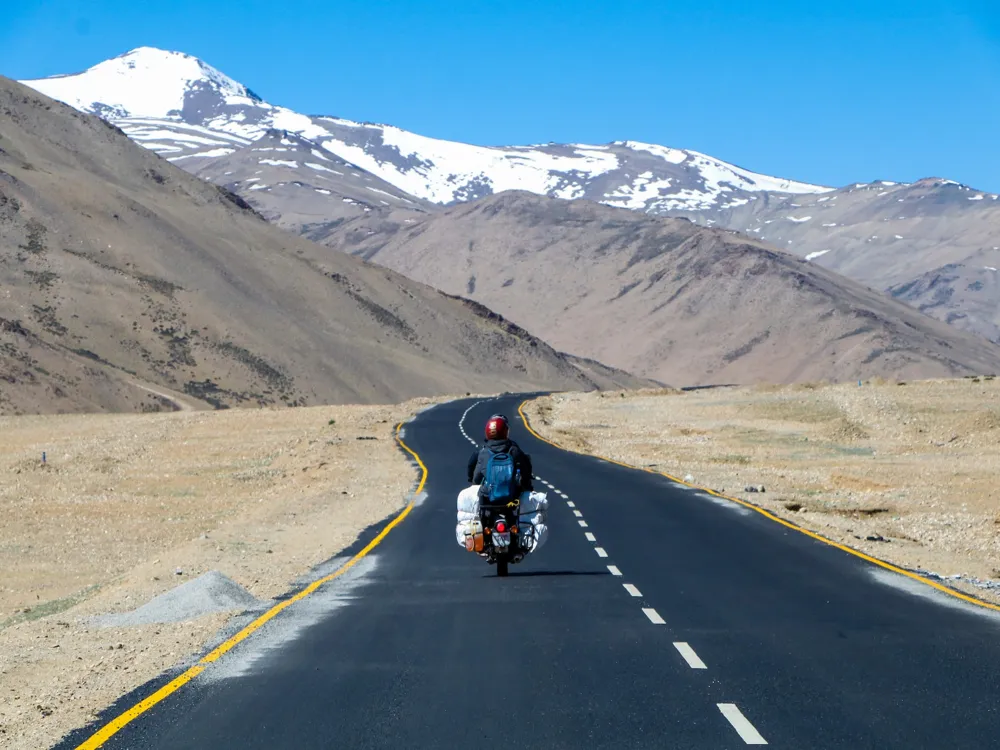
Srinagar
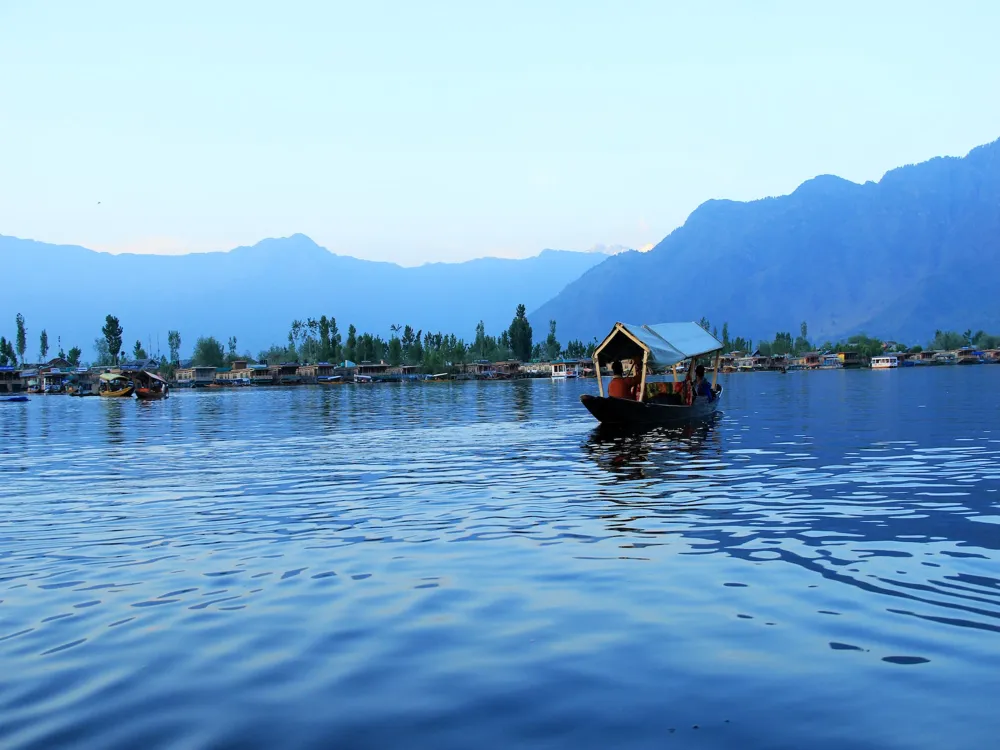
Manali
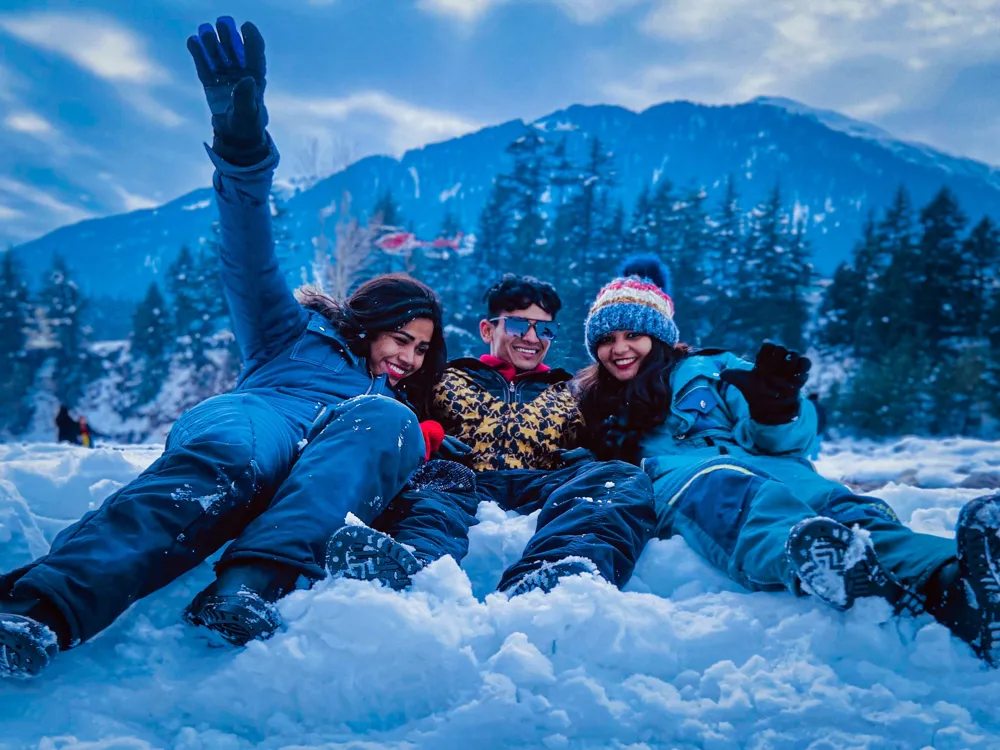
Coorg
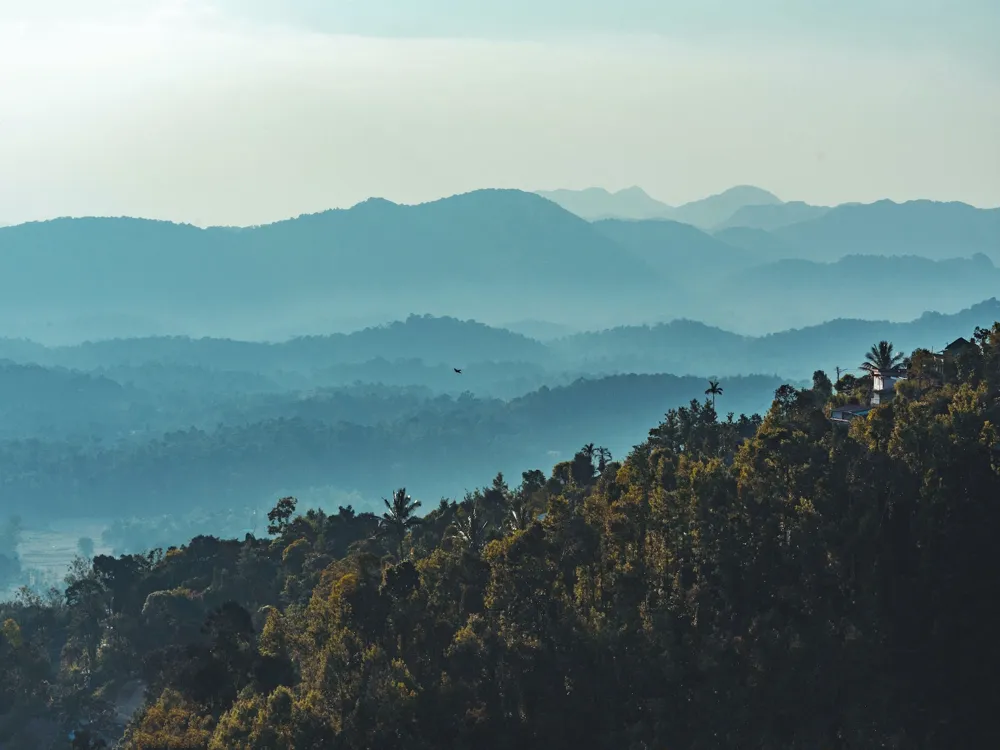
Andaman
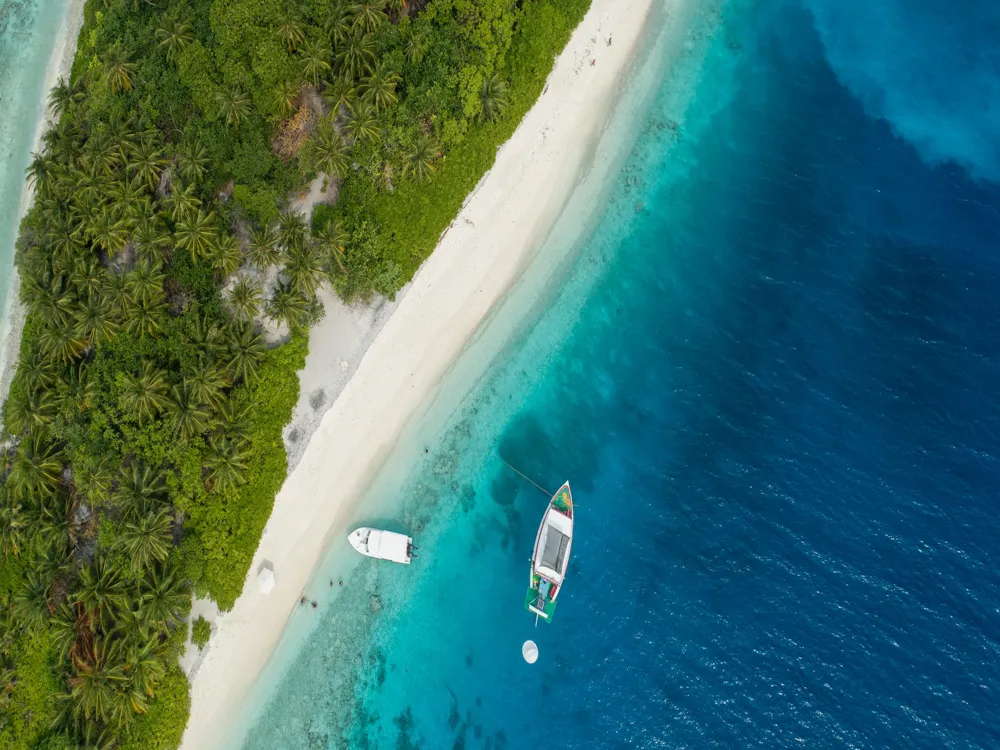
Udaipur
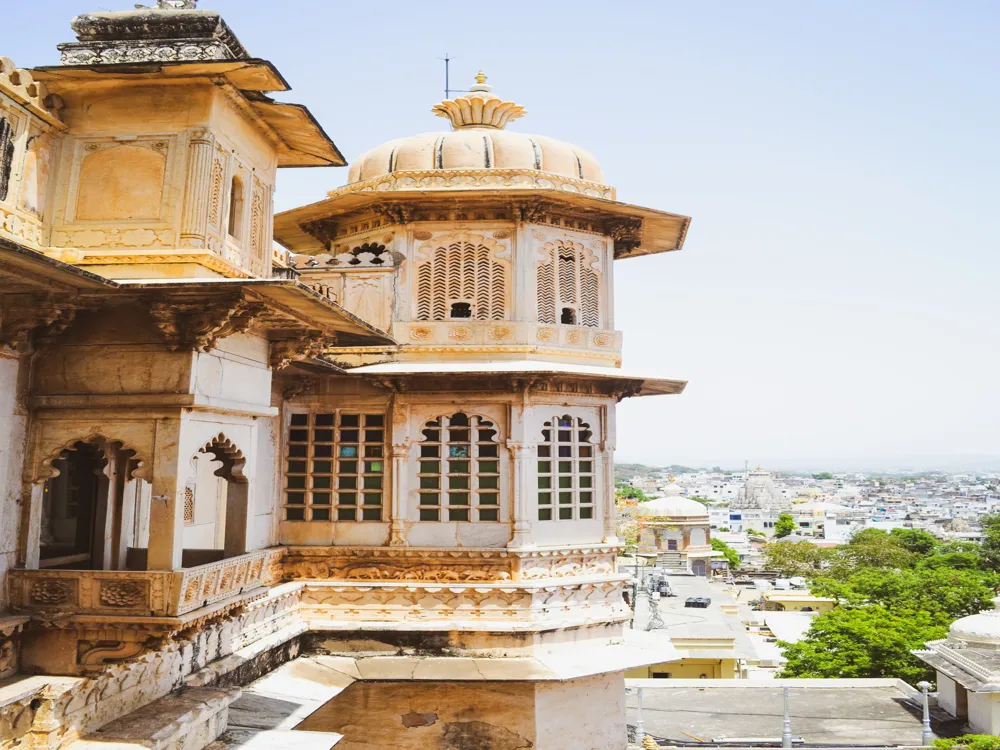
India Travel Packages
Compare quotes from upto 3 travel agents for free
View All Packages For India
More on India Travel
All collections about India
Best time to visit India
The best time to visit India is between October and March. It majorly covers the winters and beginning of summers. The summer months of April to June are typically sweltering and should be avoided. A (Read More)fter the scorching heat of summers, monsoons transform the terrain into a captivating place, but the levels of humidity and precipitation may not be something one was looking for. Whereas during winters, the temperature in most regions falls in the night time but is pleasantly average or quite high during the day. fter the scorching heat of summers, monsoons transform the terrain into a captivating place, but the levels of humidity and precipitation may not be something one was looking for. Whereas during winters, the temperature in most regions falls in the night time but is pleasantly average or quite high during the day.
Top Stories about India Tourism
Read More on India Travel
Exchanging money in India:
When visiting India, it's essential to exchange your currency for Indian rupees. You can do this at banks, currency exchange counters, or ATMs. Make sure to carry some cash, as not all places accept cards. Be aware of the current exchange rates to get a fair deal. Currency exchange services are readily available at airports and major cities. It's wise to have a mix of cash and cards for convenience. Always keep an eye on your belongings and be cautious when exchanging money to avoid any scams or counterfeit currency.
Nightlife in India:
India's nightlife offers a diverse and vibrant experience. Major cities like Mumbai, Delhi, and Goa come alive after dark. You can explore trendy bars, clubs, and live music venues. Enjoy local and international music, dance, and delicious cocktails. Goa is famous for its beach parties, while Delhi and Mumbai have upscale nightclubs. Remember, alcohol regulations vary by state, and some places might have curfews. Be sure to check local rules and enjoy the vibrant and energetic nightlife while respecting local customs and safety precautions.
Shopping in India:
India is a shopper's paradise with a plethora of options. From bustling bazaars to modern malls, you can find almost anything. Explore local markets for traditional crafts, fabrics, and jewelry. Delhi's Chandni Chowk and Jaipur's Johari Bazaar are famous for these. For high-end shopping, Mumbai's Colaba Causeway and Delhi's Khan Market offer designer brands. Don't forget to haggle for the best prices in the street markets. India is also known for spices, textiles, and Ayurvedic products. Ensure you shop from reputable sellers and check the authenticity of items, especially when buying antiques.
Festivals in India:
India is a land of festivals, with a rich tapestry of celebrations throughout the year. Diwali, the Festival of Lights, is one of the most famous, celebrated with lamps, fireworks, and sweets. Holi, the Festival of Colors, involves playful water and color fights. Navratri features vibrant dance forms like Garba. Eid and Christmas are celebrated with equal enthusiasm. Durga Puja in Kolkata is a grand spectacle, while Pongal marks the Tamil harvest festival. India's diversity shines through its festivals, offering a unique and immersive cultural experience. Be prepared for vibrant colors, delicious food, and joyous celebrations.
Hygiene in India:
Maintaining personal hygiene in India is vital. Carry hand sanitizer and use it frequently, as public restrooms may lack soap. Be cautious with street food, ensuring it's from a reputable vendor. Drink bottled water and avoid ice in your drinks to prevent waterborne illnesses. Mosquito repellent is essential, particularly in tropical regions. Be mindful of food handling and cleanliness at local eateries. India's diverse climate can lead to extreme conditions, so dress appropriately to avoid heatstroke or cold-related illnesses. Take precautions, and your trip will be more enjoyable and comfortable.
Tips for visiting India:
When visiting India, respect local customs and traditions. Dress modestly, covering shoulders and knees, especially at religious sites. Bargaining is common in markets, so haggle for better prices. Avoid tap water and opt for bottled water. Embrace the diverse cuisine, but be cautious with street food. Carry toilet paper and hand sanitizer, as public restrooms may not provide them. Take precautions against mosquito-borne diseases. India's traffic can be chaotic, so be careful when crossing roads. Finally, immerse yourself in the culture, explore historic landmarks, and engage with locals for a more enriching experience.
Foods of India:
Indian cuisine is a sensory delight with a kaleidoscope of flavors. From North to South, each region boasts distinct dishes. In the North, savor aromatic biryanis, buttery naan, and tandoori delights. The South offers fiery curries, dosas, and coconut-infused dishes. Don't miss street food like chaat, samosas, and kebabs. Vegetarians will relish options like paneer and dal. Sweets like gulab jamun and jalebi are a must-try. Spice levels vary, so specify your preference. Be cautious with hygiene, choosing eateries with a good reputation. Indian cuisine is a gastronomic adventure, so explore and savor the rich, diverse flavors.
Photos of India
All Country Photos India
Popular Questions And Answers on India
What are the top tourist destinations in India?
India offers a wide range of tourist destinations, including the Taj Mahal in Agra, Jaipur's palaces, Kerala's backwaters, Varanasi's spiritual sites, and the beaches of Goa.
What is the best time to visit India?
The best time to visit India depends on the region. Generally, the winter months (October to March) are pleasant for most parts of the country, while hill stations are popular during the summer months.
What are the must-try Indian dishes for travelers?
Some must-try Indian dishes include biryani, butter chicken, dosa, samosa, and various types of curry. Don't forget to sample street food for a unique culinary experience.
What is the currency in India, and are credit cards widely accepted?
The currency in India is the Indian Rupee (INR). Credit cards are widely accepted in urban areas, but it's advisable to carry cash in more rural or remote regions.
Is it safe for tourists to travel in India?
India is generally safe for tourists, but like any destination, it's essential to exercise caution and be aware of your surroundings. Follow local advice and travel guidelines.
What are the major festivals in India, and when do they occur?
India celebrates a variety of festivals throughout the year. Some major ones include Diwali (Festival of Lights), Holi (Festival of Colors), Eid, and Durga Puja. Dates vary each year based on the lunar calendar.
What should I pack for a trip to India?
Depending on the season and region you plan to visit, pack comfortable clothing, sunscreen, insect repellent, and any necessary medications. A power adapter and a good travel guidebook can also be handy.
Do I need a visa to travel to India?
Most travelers to India require a visa. You can apply for a tourist visa online or through the Indian embassy or consulate in your home country.
What is the transportation like in India?
India has a well-developed transportation network, including trains, buses, and domestic flights. Trains are a popular way to explore the country, but book tickets in advance for a more comfortable journey.
What are some cultural customs and etiquette to be aware of in India?
It's essential to respect local customs, such as removing your shoes before entering homes and religious sites, dressing modestly, and showing respect to elders. Bargaining is common in markets.


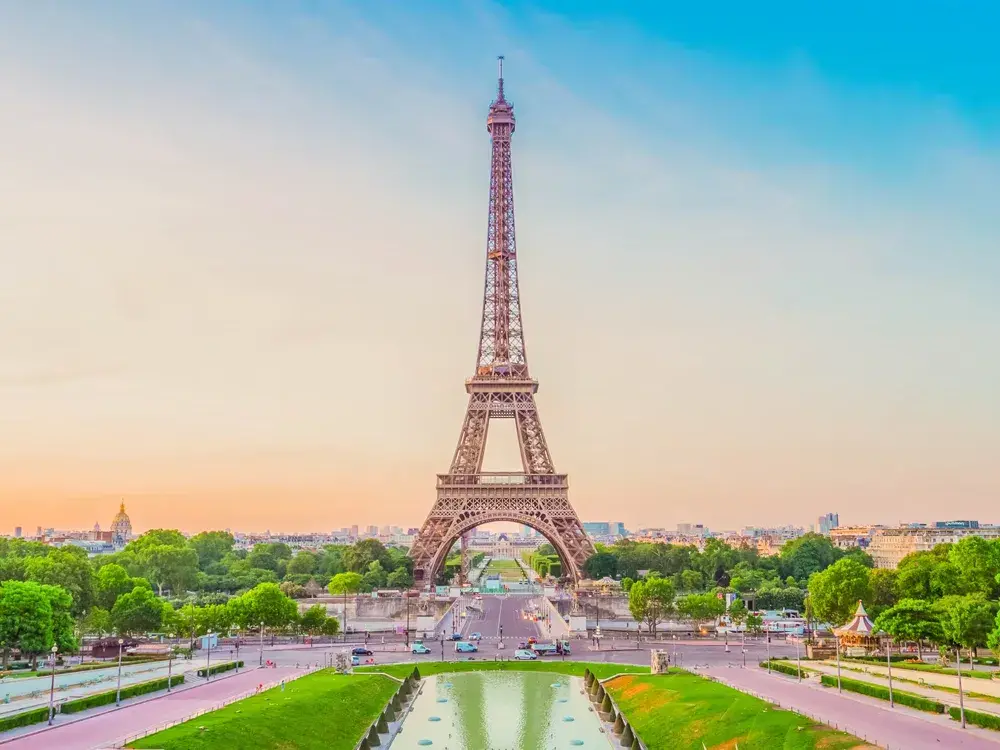
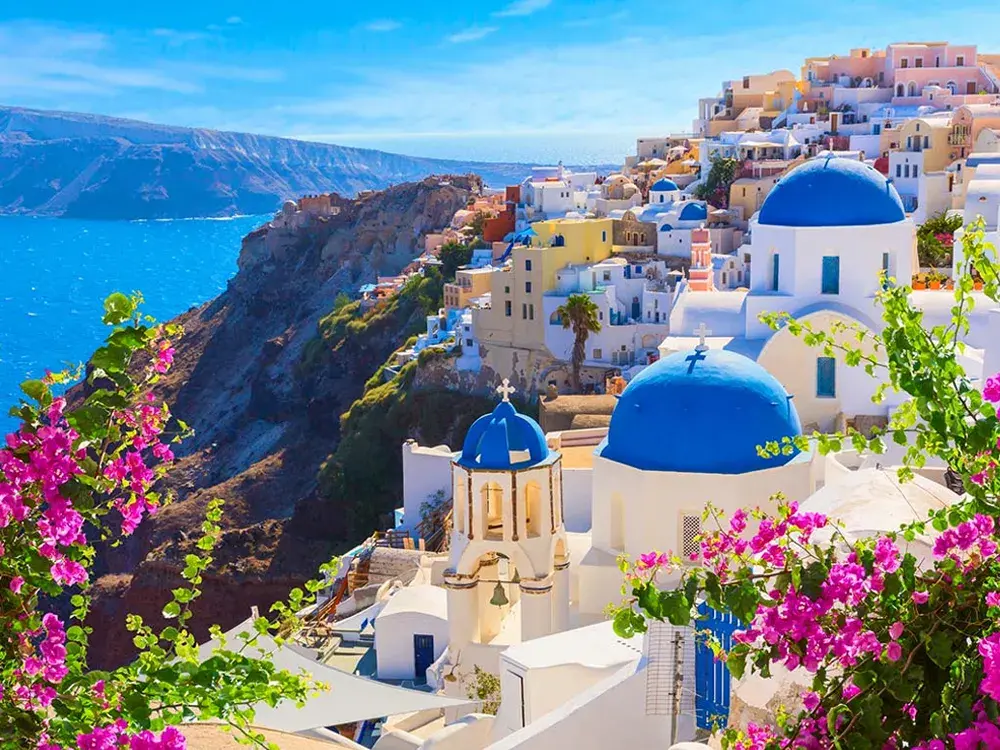
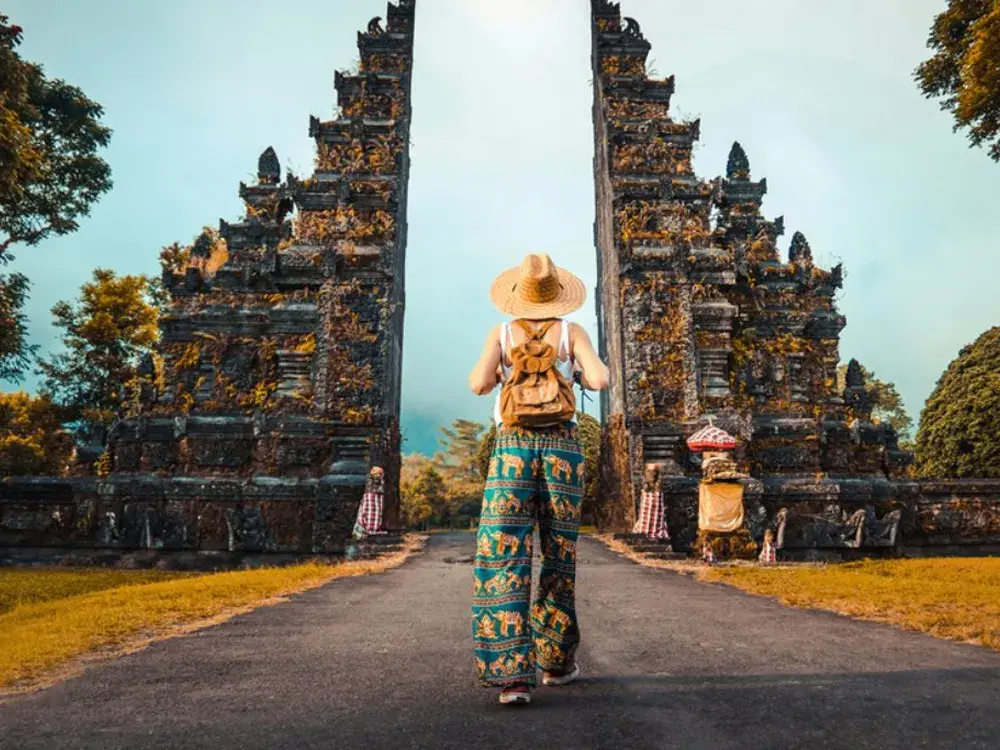
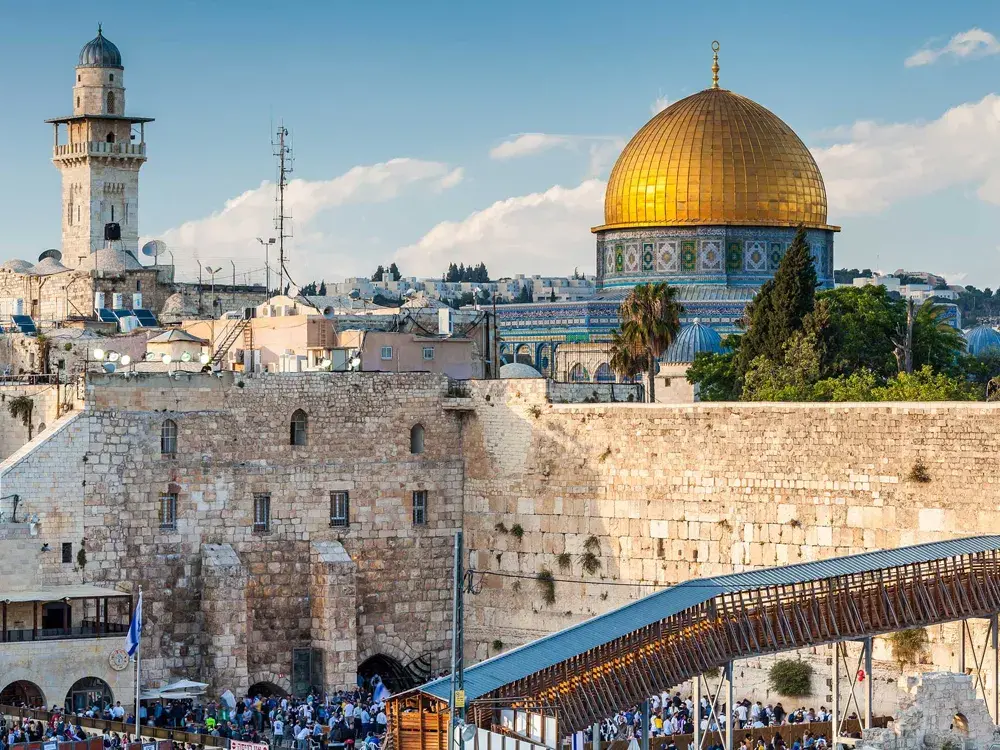
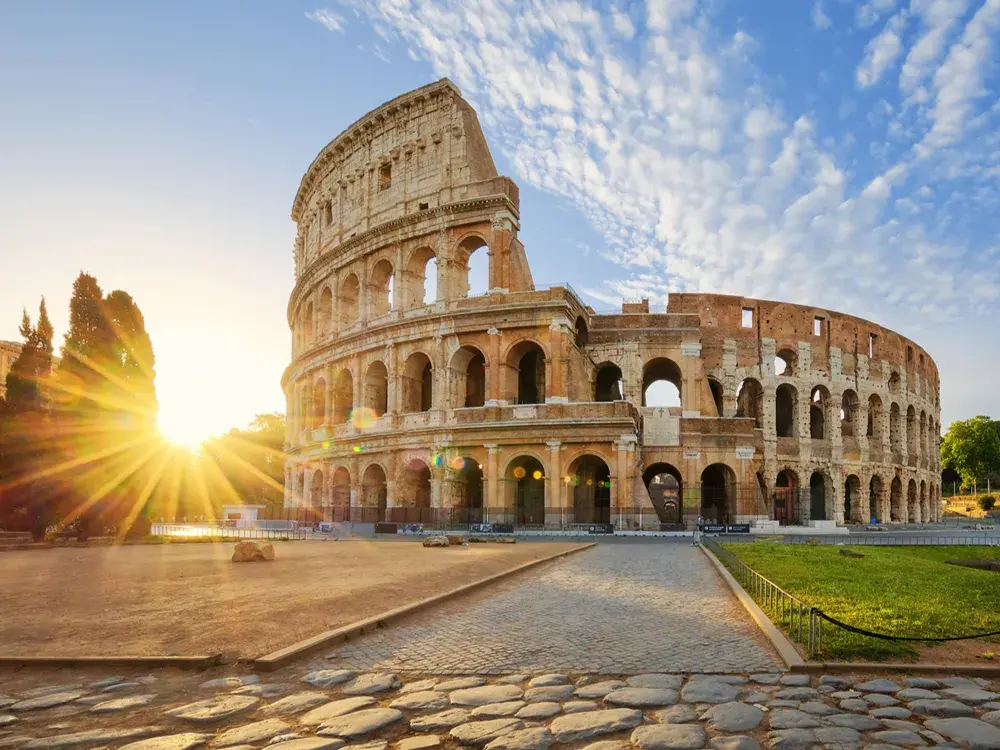
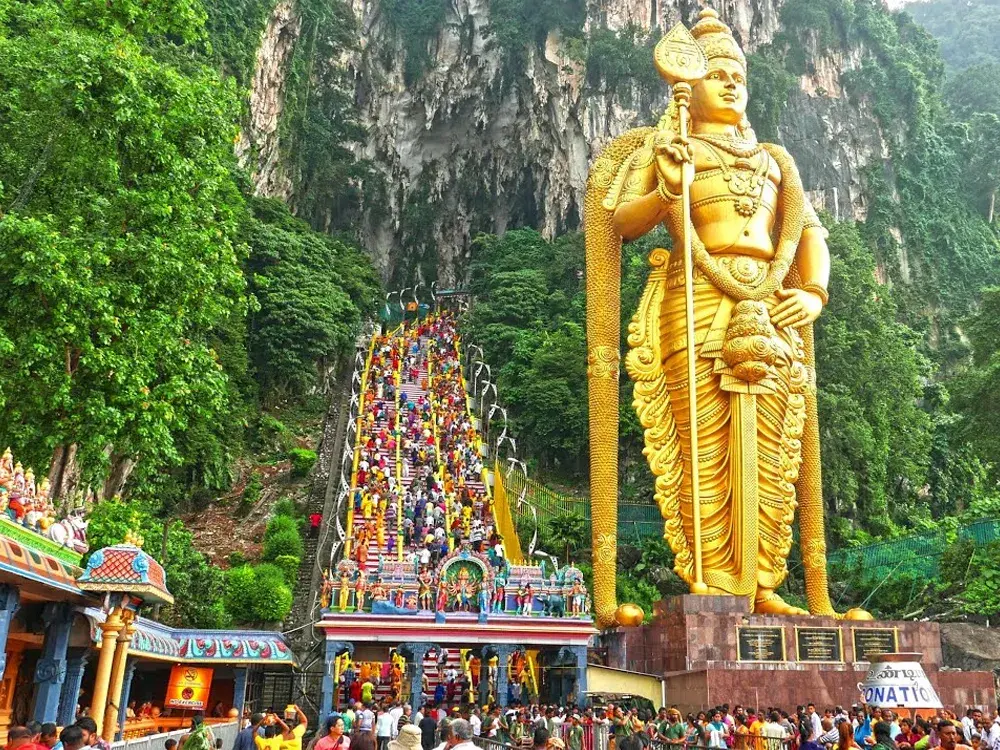
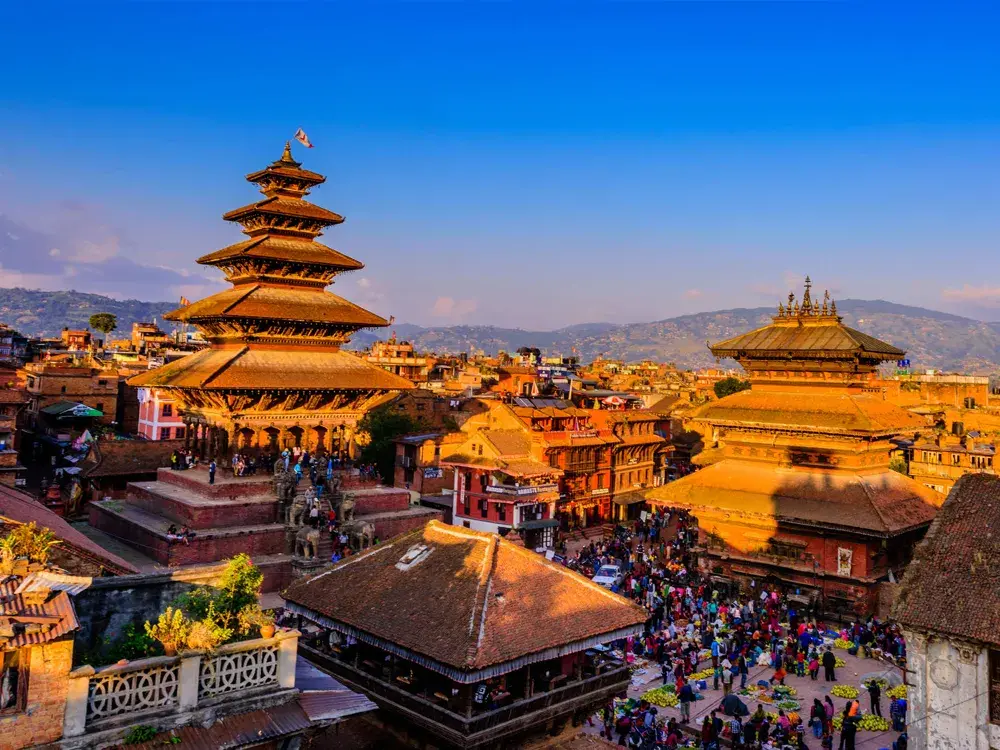
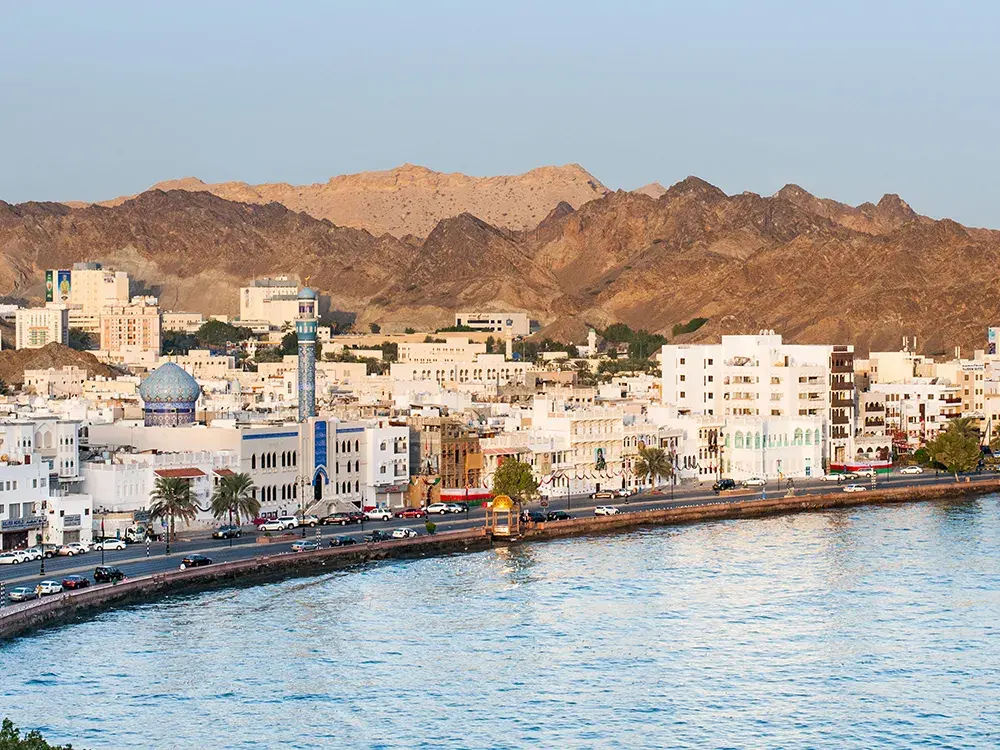
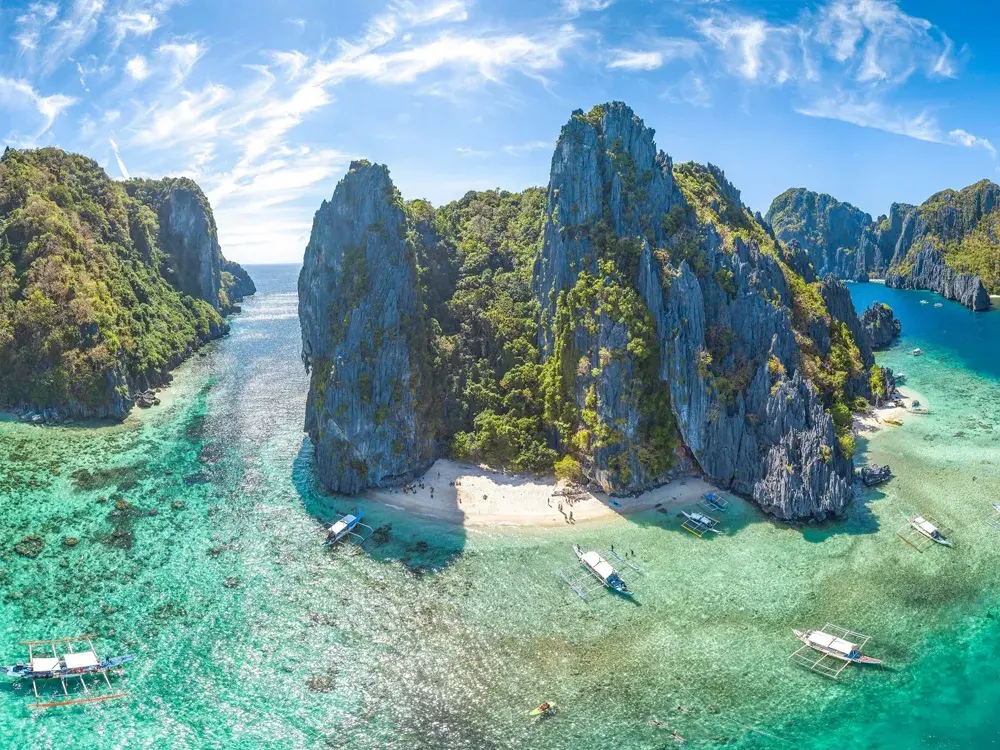
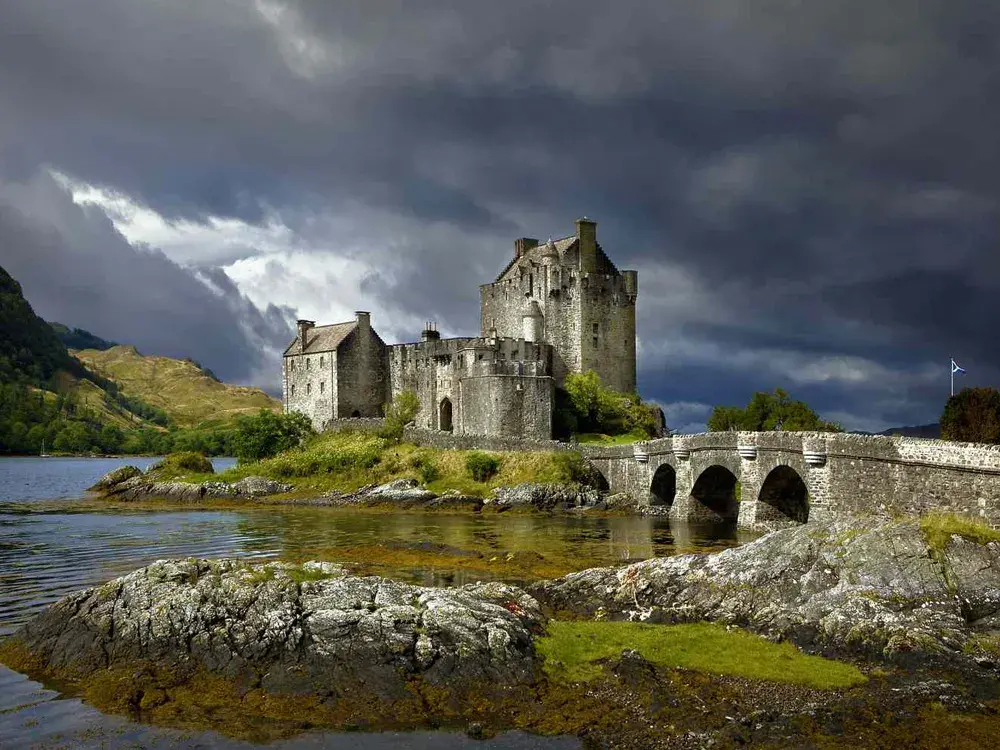
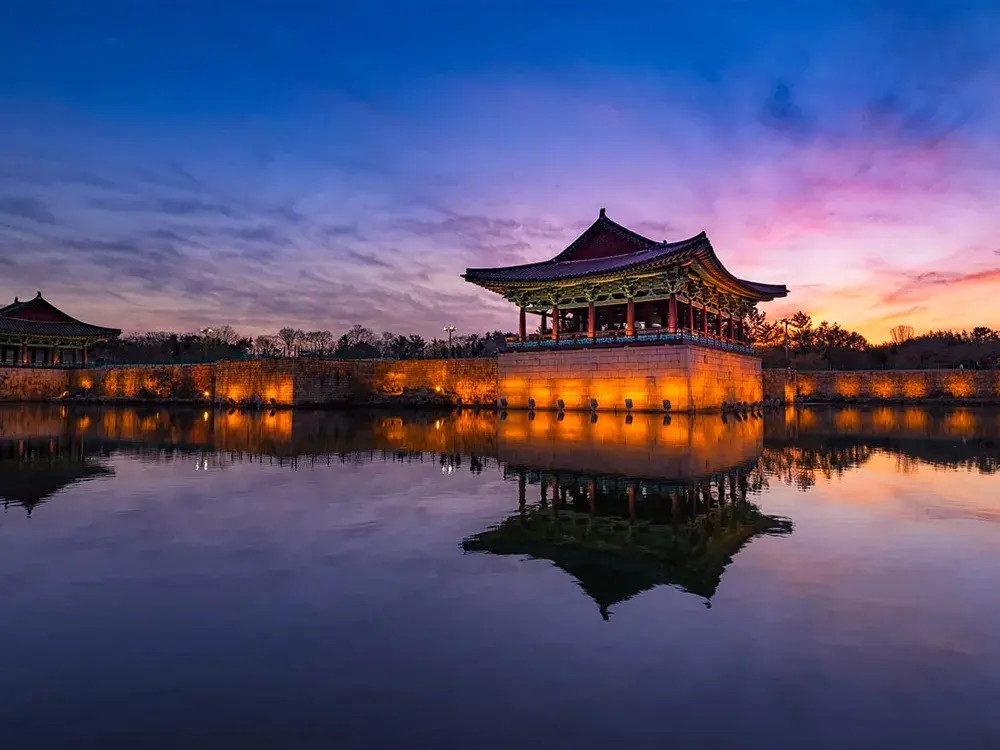
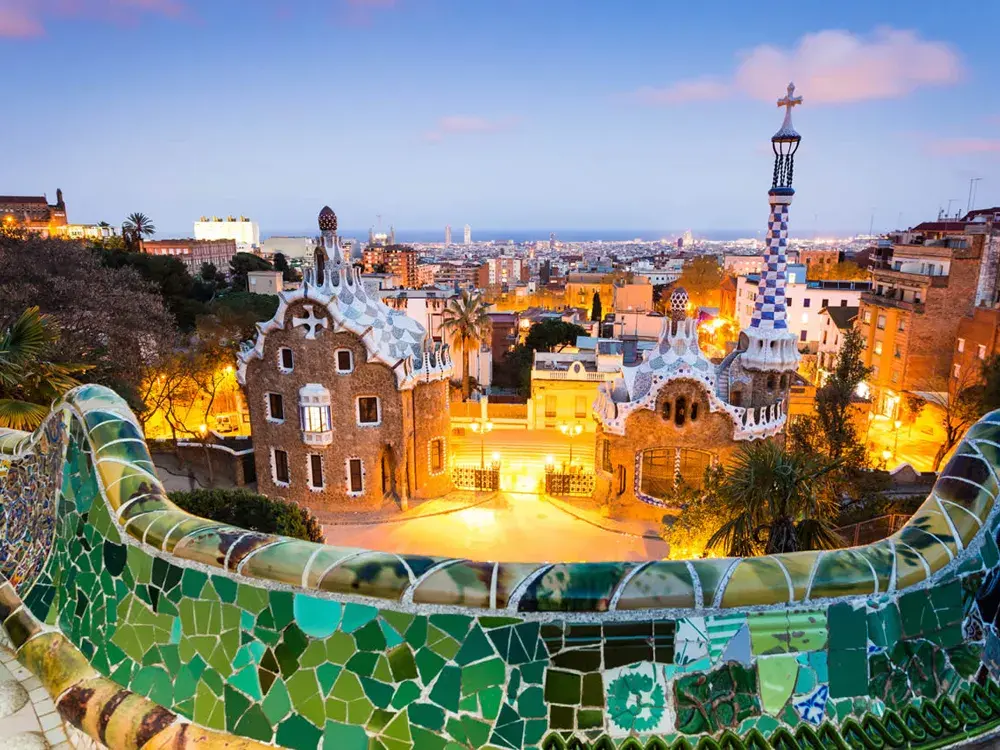
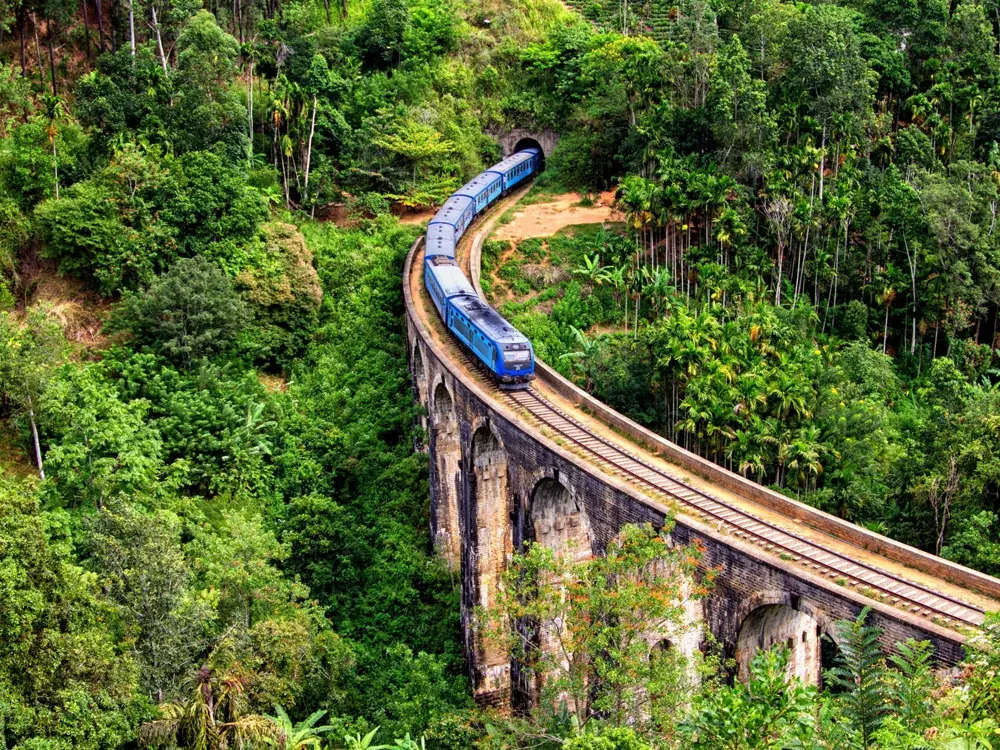
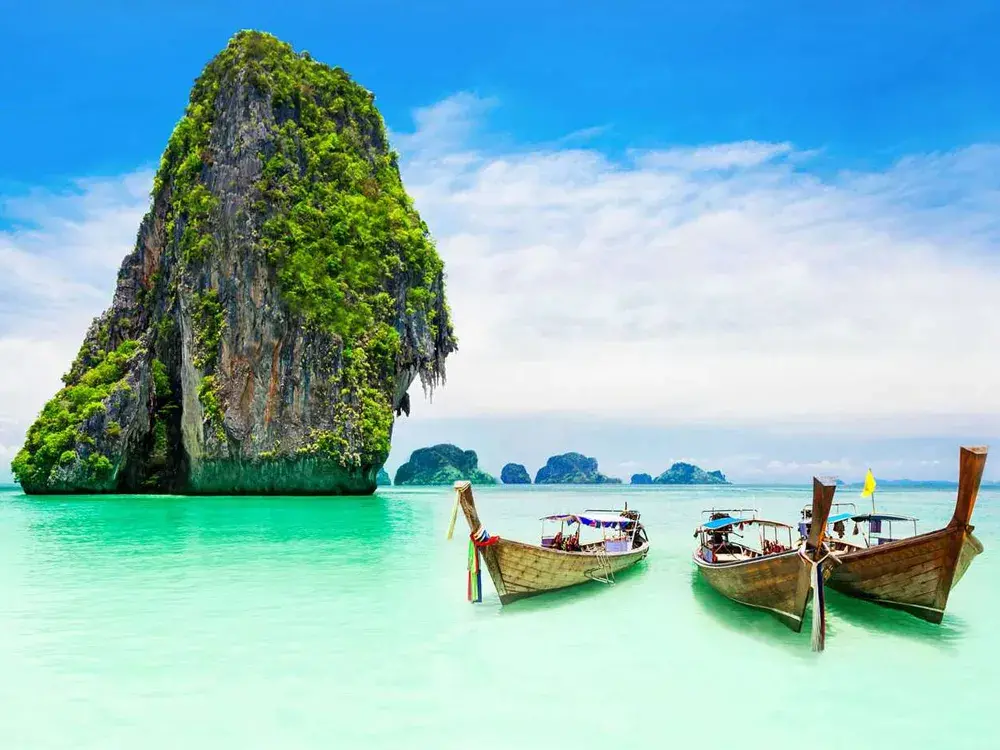

.webp)





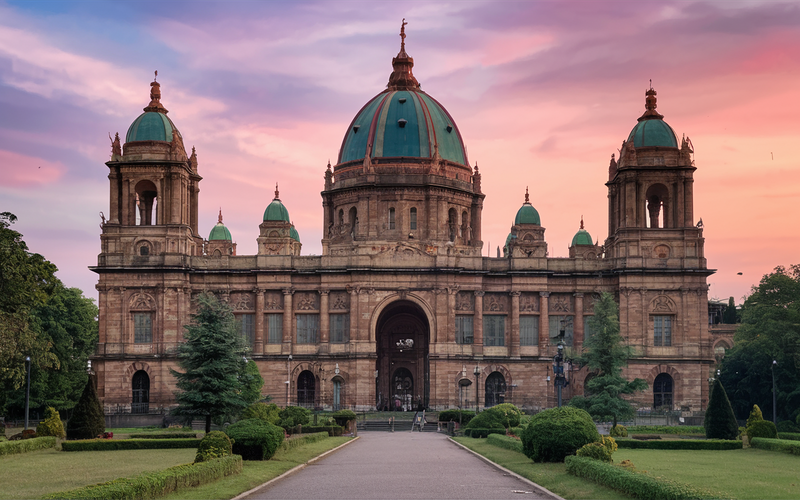
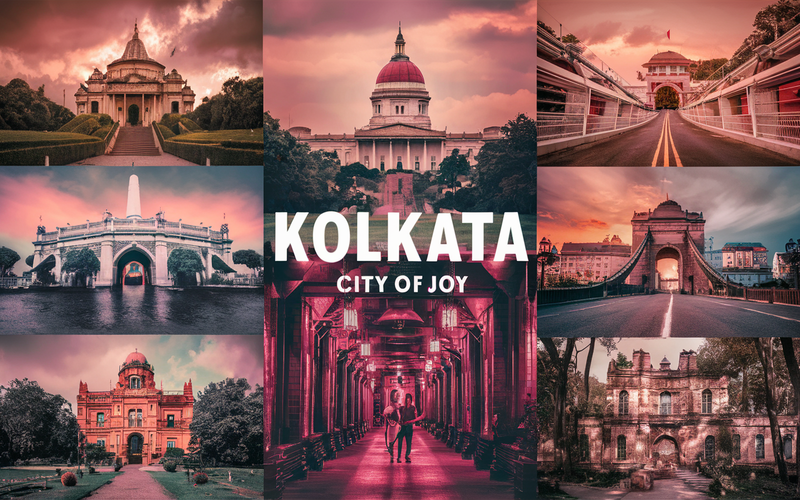
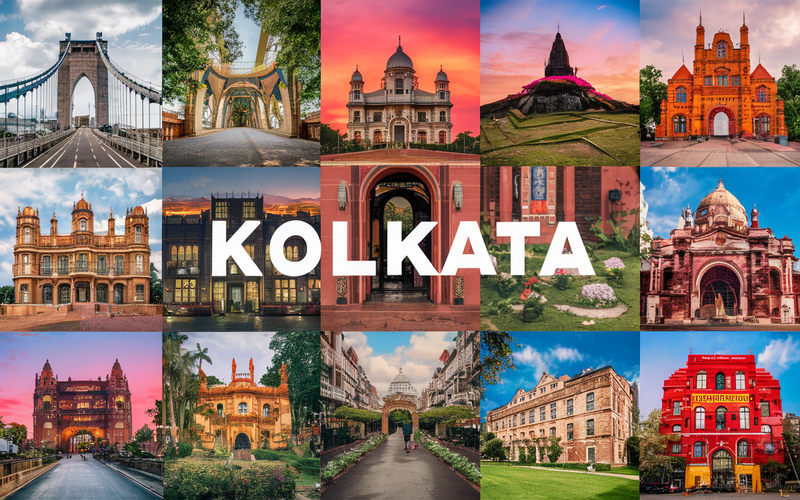
.webp)
.webp)
